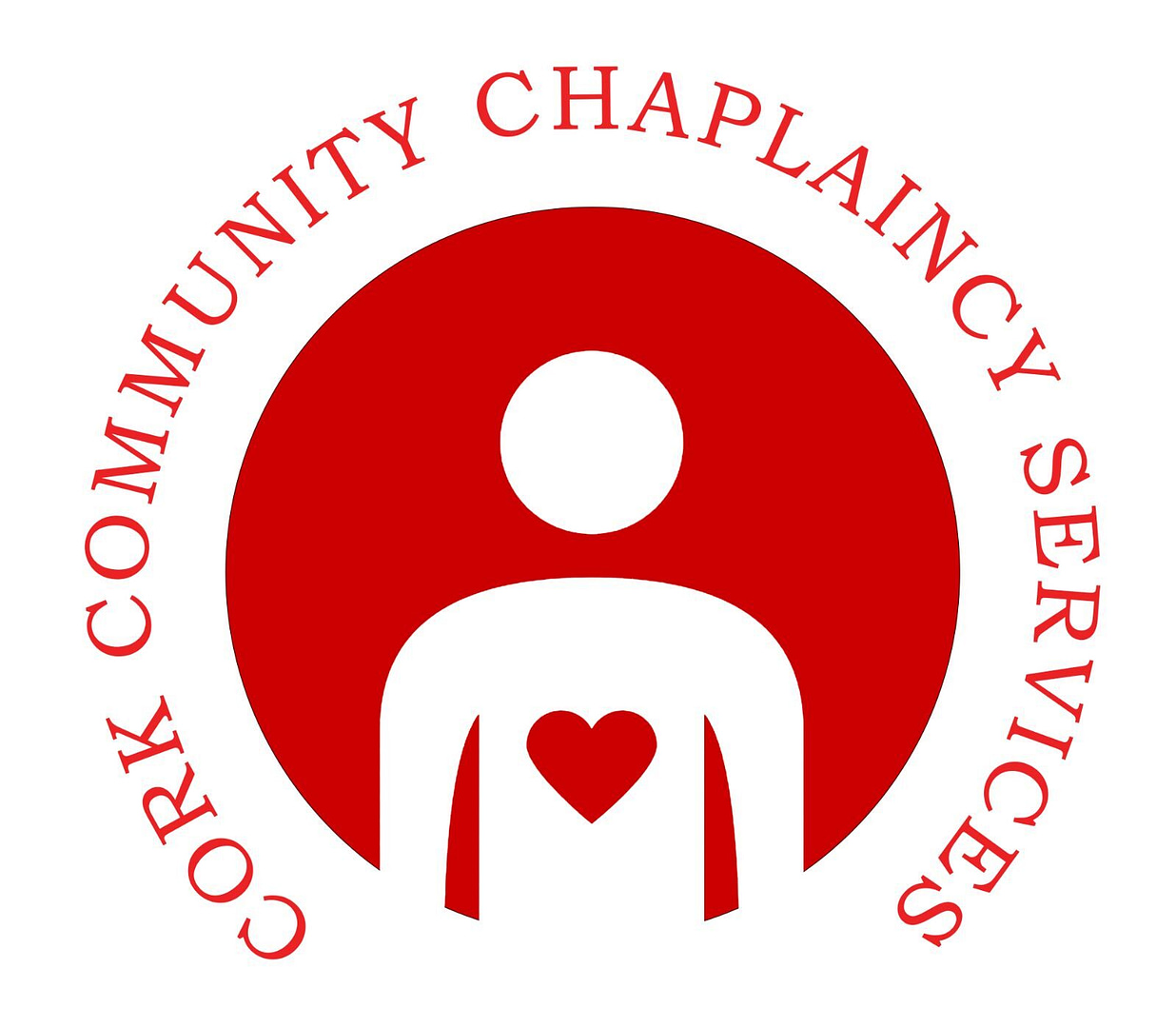
Research
CCCS subscribes to evidence-based spiritual care. Evidence-based spiritual care uses empirical evidence and scientific research methodologies to determine spiritual care practices. That approach informs the decisions and improves the interventions used by CCCS to provide that care. It also creates a stronger partnership between chaplaincy and other evidence-based helping professions such as those related to medicine and the social sciences.
While CCCS is not a research institute, we do:
- Keep current with research related to our programs and areas of interest
- Examine our programs insight of relevant leading practices as indicated in the research
- Share re-publishable research that is likely to be useful to our clients
- Collaborate with qualified researchers and research institutes where appropriate
Medical and Social Science Research
Client-Facing Volunteers and Traumatic Effects
- Clients needing social services can be suffering personal disasters that are microcosms of community disasters.
- Client-facing volunteers can face similar emotions as disaster responders. Read more.
Compassion Fatigue Formation Process Model
- Compassion Fatigue (Also called vicarious traumatisation, secondary traumatisation, or secondary PTSD) is the emotional residue or strain of exposure to working with those suffering from the consequences of traumatic events.
- From several models, CCCS has compounded a diagram.
Find Us on ResearchGate
Related Research from a Variety of Sources
- A selected bibliography of current research.
